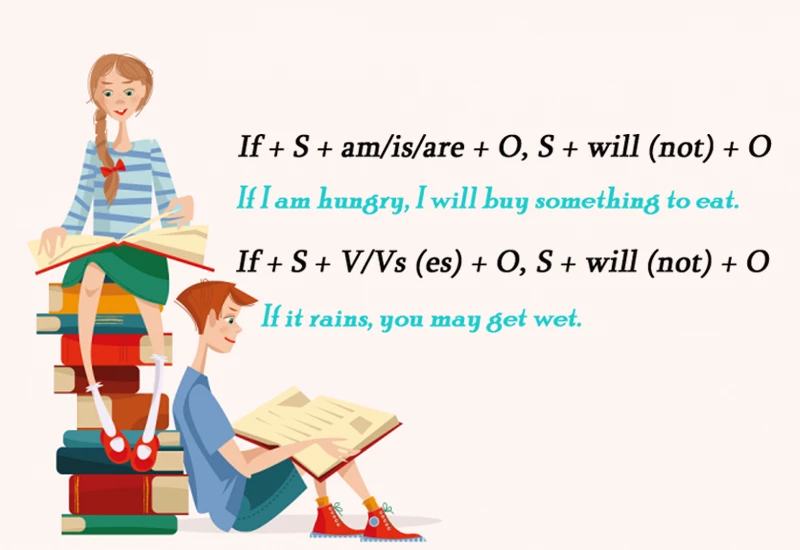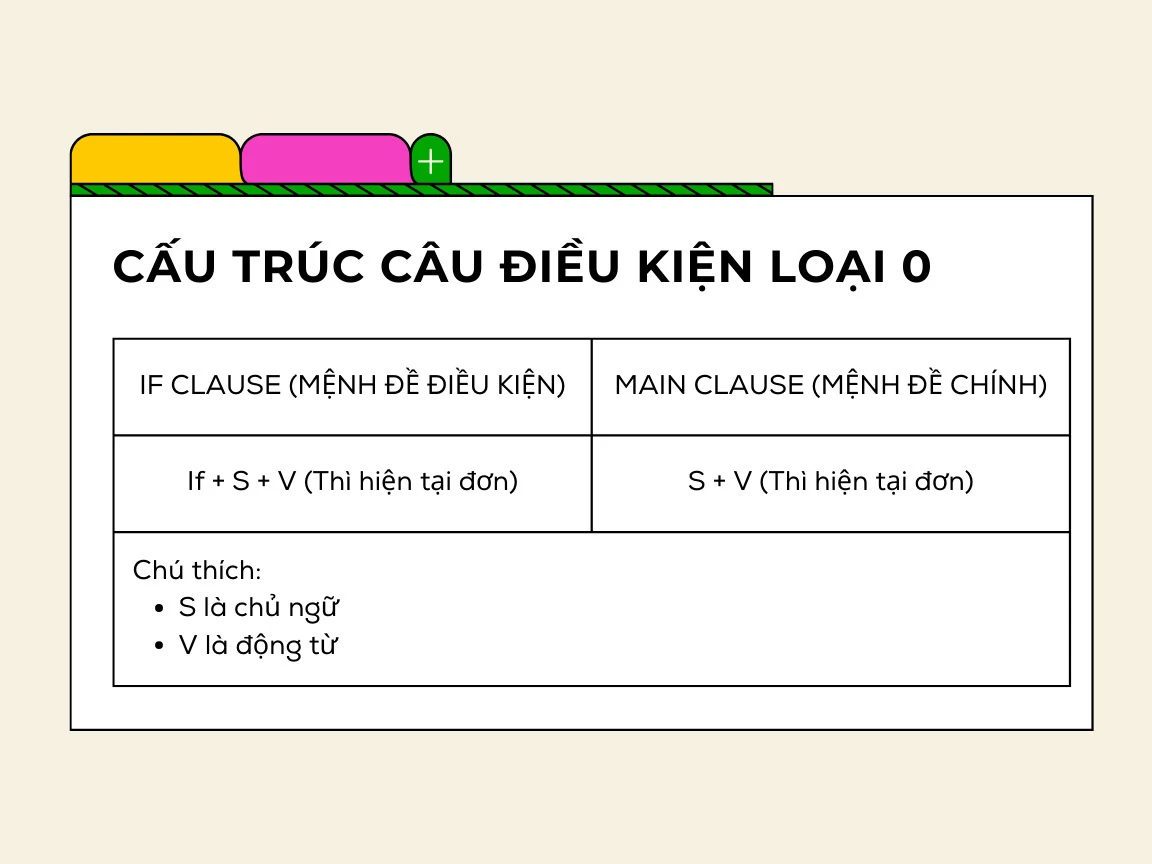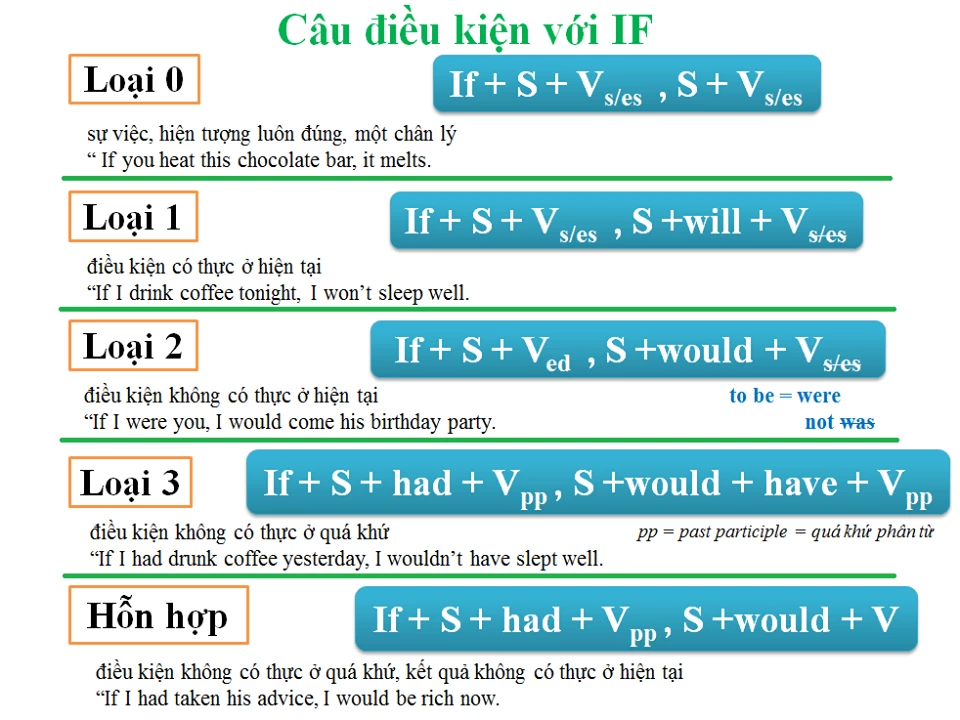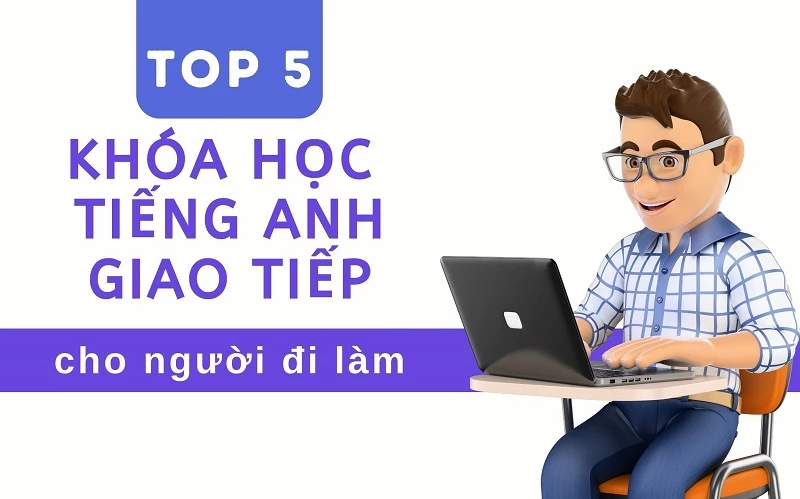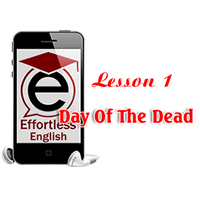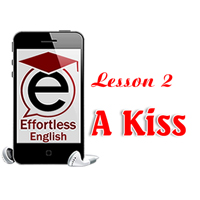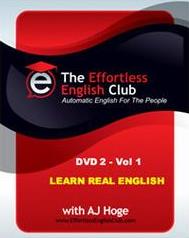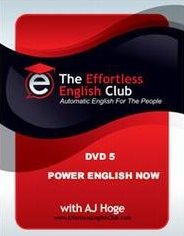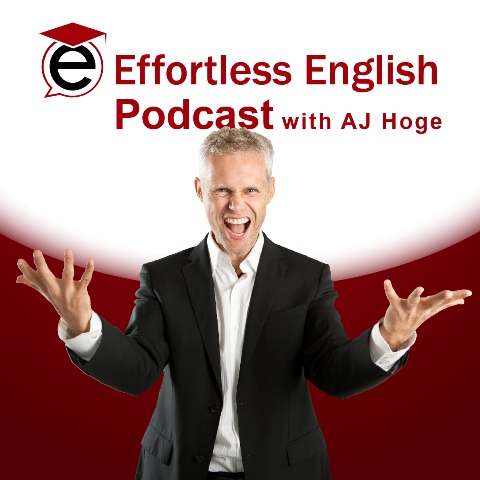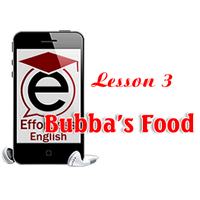Phương pháp Effortless English mang lại hiệu quả cao khi học tiếng Anh giúp bạn nghe nói tiếng Anh dễ dàng từ 3-6 tháng. Nhưng để học tập hiệu quả nhất với Effortless trước hết các bạn phải hiểu rõ về các nguyên tắc khi sử dụng phương pháp này. Chúng tôi sẽ giới thiệu với các bạn chuỗi các nguyên tắc khi học Effortless English.Các bạn cùng tìm hiểu thật kĩ và áp dụng đúng để có kết quả tốt nhất nhé.
Chào mừng các bạn đến với Rule 1 “Learn English Phrases NOT Individual Words” ( luôn học các nhóm từ, các cấu trúc câu, không học những từ riêng biệt)– một Rule trong bộ Effortless English . Sau khi áp dụng luật học này, kỹ năng nghe, nói và ngữ pháp của bạn sẽ nhanh gấp 4-5 lần.
Sau đây là nội dung của Rules 1:
Hi, I am A.J.Hoge, The director of Effortless English. And Wellcome to the free seven rules e-mail course. Today is rule 1. Now, rule 1 is Learn English Phrases, Not Individual Words. This one just like the other rules, very simple, very easy. And like the other rules, this one is very very powerful. It’s so simple, so powerful.What is the rule? The rule is always learn phrases, not individual words. So simple. A phrase is a group of words. But it’s just an even a part of sentence. So, for example let’s say you have the word “hate” and you want to learn this word. You can write down the world hate and you find it from the dictionary the meaning and you memorising it “hate”. That’s the old way, that’s the kind of text book way, the school way right?In school, you probably remember a lot of individual words. You have big vocabulary lists. You try to memorize all of them, you try to memorize all of the individual, single words. It’s not good way to learn. Much better if you learn the pharase, a group of words. And where do you find these phrases? You find these phrases in the real english podcasts that you listening to, in the real english story books that you are reading. And don’t memorize the lists in a book. No, no, no.You listen to real english and when you hear a new word, you write down. Or when you reading a story book, when you see a new word, you write it down. Bu you do not write down just that word. You are going to write down whole phrase or part of sentence that is end, all of it. So instead of the “hate”, you write it down the “hate”, you would say, you write down “john hate ice cream” you write down whole phrase.Why do we do this? What is the power of the phrases? Well, phrases give you a lot of information, much more information. Number one, phrases are easy to remember. Because they have meaning. They have kind of a Picture of a story. Especially when you get them from something that you are reading or listening to. You remember it. “John hates ice cream”. You remember the whole story, you remember the who John is, you remember he has an ice cream and he hates ice cream, he didn’t like it. Write theese all of extra information helps you remember the mening of the phrase and the meaning of the word. So it heps you memory, much easier to memory.Number two, there is a bonus. When you learn phrases, you are learning grammar also. You are not only learning individual word, you are learning grammar. You are learning how to use that word correctly. You don’t need to think about grammar. You don’t need to know rules, it’s automatic. This is another way that native speakers learn english grammar. Because we were children we learn with phrases. We learn groups of words, not just one word by one word, by one word.Word by word is slow and it doesn’t help. And you don’t learn any grammar. When you learn whole phrase, you write dont phrase, you are getting extra information. Maybe you don’t know it but you are. For example, “Jonh hates ice cream”. Just that word, just Jonh hates. You know grammar study getting the subject in the word the agree.. you don’t need to think about that. Just write down the phrase “Jonh hates ice cream” and study it, review it. Always learn the phrase, not just that word.And so in the futurewhenever you say, he hates ice cream, she hates ice cream. You will add that “s” right. Because how you learned it. You learned it correctly. You learned it from a phrase. On the other hand, if you learn it from a textbook you just learn the word “hate” means does not like, you learn that form hate, hate, hate… and you study, study, study you memorize it thats make you make some mistakes. Because you learned it from only this one way. You didn’t learn the other words. So, sometimes you will say “he hate ice cream”. You will forget the “s”. Because you never learn it correctly in a sentence, in a phrase.So it is very simple rule and each rule in the course very very important. Every time you will find a new word, always write the phrase or the sentence. When you review that word again when you study it again always, always always… study the entire phrase or sentence. Never study just the word, always the phrase. Do this every time, your grammar will began to improve much faster. And you will remember the vocabulary faster and more easily and you will use that vocabulary more quickly. So you get a lot of great benefits, a lot of great stuff happens when you learn phrases instead of words. So, phrases, phrases, phrases… learn them.I hope you enjoy rule number one. Use this rule. And your homework is to get a little phrase notebook. So when you find a new english vocabulary in a lesson, in a something that you listening to, in a book, in an article; write down the phrase, not just one word, write down the entire, the whole phrase that you find. And then review that phrase again and again each day. You will create a notebook full of phrases, full of sentences not individual words, never individual words.Learn English Phrases. Ok, so that’s rule one. Tomorrow, you will get a new e-mail with rule number two. So see you tomorrow. Bye bye.
Effortless English: “Phương pháp này hiệu quả, bạn chỉ cần thư giãn và tận hưởng. Hãy nhớ: điều duy nhất cần thiết là kiên nhẫn. Nghe, trả lời, và một ngày nọ, não của bạn sẽ vượt chướng ngại vật. Chúng ta bắt đầu suy nghĩ bằng tiếng Anh mà không cần phải dịch”! (Vicente Queretaro Mexico).

